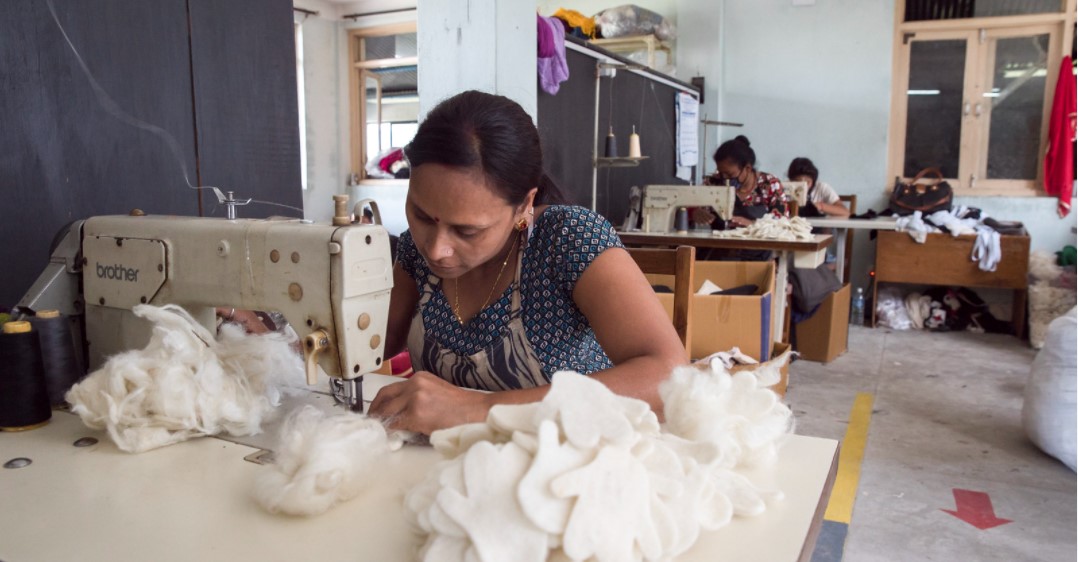LIMA – The crisis caused by covid-19 in the labor markets of Latin America and the Caribbean had a greater impact on women, and more than four million of them have not been able to recover the jobs they held before the pandemic, recognized this Thursday 3 the International Labor Organization (ILO).
“Two years ago, when the crisis began in mid-March 2020, women were affected by a catastrophic loss of jobs and income,” said its regional director, Vinícius Pinheiro, when presenting the new ILO report.
Of the 23.6 million jobs for women that were lost at the worst moment of the crisis in the second quarter of 2020, at the end of 2021 some 4.2 million were still to be recovered.
In the case of men, on the other hand, the 26 million jobs lost at that time in the region had already been almost completely recovered.
As a result of the crisis, “female unemployment increased, but the most shocking thing was the massive exit from the labor force that took labor participation rates to levels not seen two decades ago,” Pinheiro commented.
The regional participation rate of women, which hovered around 41% in the early 1990s, had risen steadily to 52.3%, as an average for the first three months of 2019. In the same period of 2020, it fell to 47 % and reached 43%.
In 2021, the participation rate registered an insufficient recovery, as it rose to 49.7%, 2.5 percentage points below pre-pandemic levels.
Regarding unemployment, for the third quarter of 2021 the average rate was 12.4%, the same as in 2020, which indicates that there has been no improvement and that it must drop significantly to return to 9.7%.
It is well above the unemployment rate for men, 8.3%.
The ILO analysis says that the measures adopted to address the health emergency, such as the widespread closure of educational and care centers, had a negative impact on female labor participation.
To this was added that the sectors of activity where the social isolation measures had the most impact (commerce, restaurants and hotels, and leisure activities, among others) are intensive in female labor.
In turn, the impact was greater in informal employment and in micro, small and medium-sized enterprises where female employment also predominates. Domestic work, where 91% of employment is female and 72% informal, was affected by considerable job losses.
The pandemic “exacerbated existing structural inequalities. Rural women, heads of households with young children, those with less training and education, indigenous and Afro-descendant women have been more affected,” said Roxana Maurizio, regional specialist in labor economics at the ILO.
“Gender gaps, both in participation and in income, are persistent in women with lower incomes and lower educational levels,” she remarked.
The ILO maintains that “gender equality considerations must be an intrinsic component of the design, elaboration, application and analysis of the results of all programs and strategies, policies, laws and regulations implemented during the pandemic and in the recovery stage.
The document released in this capital also indicates that the sectoral stimulus measures should not be withdrawn in advance to consolidate the recovery, especially in sectors with a majority proportion of working women.
Nor should income transfer measures or aid in kind be withdrawn to guarantee the minimum conditions that allow the growth of employment in the region to be sustained.
Finally, it considers that investment in care is fundamental both for the generation of quality employment and for the full insertion of women in the labor market.
AE/HM
–

/data/photo/2022/03/03/6220c6f07d102.jpg)
